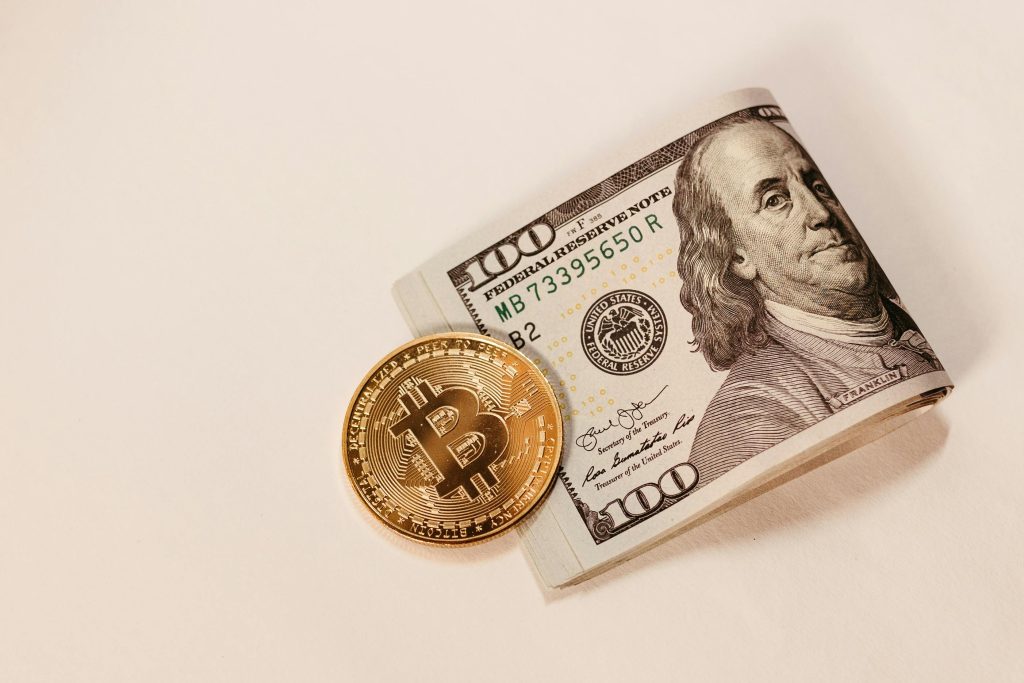Inflation—this essential but often misunderstood economic term can have significant implications for our finances, particularly regarding savings and investments. Understanding how inflation functions, its current trends, and its impact on your financial health can empower you to make better decisions for your future. Buckle up as we delve into the captivating world of inflation and explore how it affects your savings and investments in detail.
What is Inflation?

At its core, inflation represents the rate at which the general level of prices for goods and services rises, leading to a fall in the purchasing power of money. Imagine you could buy a loaf of bread for a dollar today, but a year later, the same loaf costs $1.10. This gradual increase in prices signifies that inflation is at work. It’s important to note that while a modest amount of inflation is normal in a growing economy, high inflation can wreak havoc on your financial plans.
The Impact of Inflation on Savings
When it comes to personal finance, one common strategy is to save money in a bank account or a similar low-risk investment vehicle. However, inflation poses a significant threat to the effectiveness of these savings over time.
Erosion of Purchasing Power
Perhaps the most immediate and alarming consequence of inflation is the erosion of purchasing power. If inflation is running at 3% per year, a dollar saved today will be worth only about 97 cents next year in terms of what it can buy. For savers, this means that the money they’ve carefully stashed away isn’t as valuable as it once was. If your savings account yields an interest rate lower than the current inflation rate, your real return on those savings is negative! It’s like watching your money melt away in slow motion.
The Role of Interest Rates
Interest rates set by central banks play an important role in combating inflation. When inflation rises, central banks may increase interest rates to cool off the economy. For savers, higher interest rates can be a double-edged sword. While it may enhance their savings growth, the purchasing power of that money continues to be compromised by inflation. If inflation is higher than the interest you’re earning, you might still lose out!
Inflation and Investments
Investments are often considered a more dynamic alternative to traditional savings accounts, but their relationship with inflation is complex and multifaceted.
Stock Market: A Hedge Against Inflation?
Historically, equities have been viewed as a hedge against inflation. When companies raise prices to cope with inflation, they may also increase revenues, leading to higher profits and, ultimately, increased stock prices. Thus, investing in stocks can be a way to preserve and potentially grow your wealth over time, even as inflation eats away at your dollar’s value.
Real Estate Investments
Real estate is another investment avenue that many consider a shield against inflation. Investors often find that property values rise over time and rental income tends to increase, keeping pace with inflation. In fact, real estate is often seen as a tangible asset that not only protects your wealth but can also serve as a consistent source of income through rental yields, which can adjust with inflation.
Commodities and Precious Metals
Commodities—think oil, natural gas, and agricultural products—along with precious metals like gold and silver have been historically viewed as safe havens during times of high inflation. As prices for goods and services rise, so too does the value of these tangible assets. Accordingly, savvy investors often add commodities and gold to their portfolios as a way to hedge against inflation.
Cryptocurrencies: The Wildcard
In recent years, cryptocurrencies have emerged as another potential hedge against inflation. As traditional fiat currencies fluctuate, many investors are turning to digital currencies like Bitcoin as they believe these may retain value better than traditional assets during inflationary spells. However, they come with their own risks and volatility.
Strategies to Combat Inflation
Now that we’ve established the connection between inflation and savings/investments, it’s crucial to devise strategies to protect ourselves from its ill effects.
Diversification is Key
One cardinal rule in investing is diversification. By spreading your assets across various investment classes—stocks, bonds, real estate, and commodities—you can reduce your exposure to inflation. When some assets falter, others may thrive, maintaining a balanced portfolio.
Focus on Real Assets
Investing in real assets, such as real estate and commodities, has traditionally proven to offer protection against inflation. Real assets tend to maintain their value over time, even as the purchasing power of cash diminishes.
Regularly Review & Adjust Your Portfolio
The economy is dynamic, and so should be your investment strategy. Regularly reviewing your portfolio allows you to adapt to inflation changes and adjust your holdings accordingly. Utilizing financial advisors can yield invaluable insights in this process.
Lean into Inflation-Protected Securities
For the more cautious investor, treasury inflation-protected securities (TIPS) and other similar options offer guaranteed returns that adjust in accordance with inflation levels, putting the power back into your hands.
Conclusion
In summary, inflation is not merely an economic concept but a reality that can significantly impact your savings and investments. Whether you’re stashing away cash in a savings account or exploring diverse investment opportunities, it’s essential to understand inflation’s implications. By embracing strategies such as diversifying your portfolio, investing in real assets, reviewing your holdings regularly, and leaning into specialized securities, you can protect your financial future against the erosive effects of inflation.
While inflation is often perceived as a foe, arm yourself with knowledge, enthusiasm, and an adaptive strategy, and you can turn it into an ally in your journey towards financial prosperity! Who knew that the mere concept of inflation could provide such thrilling avenues for financial growth and resilience? Let’s make informed decisions today to secure our financial well-being for tomorrow!


